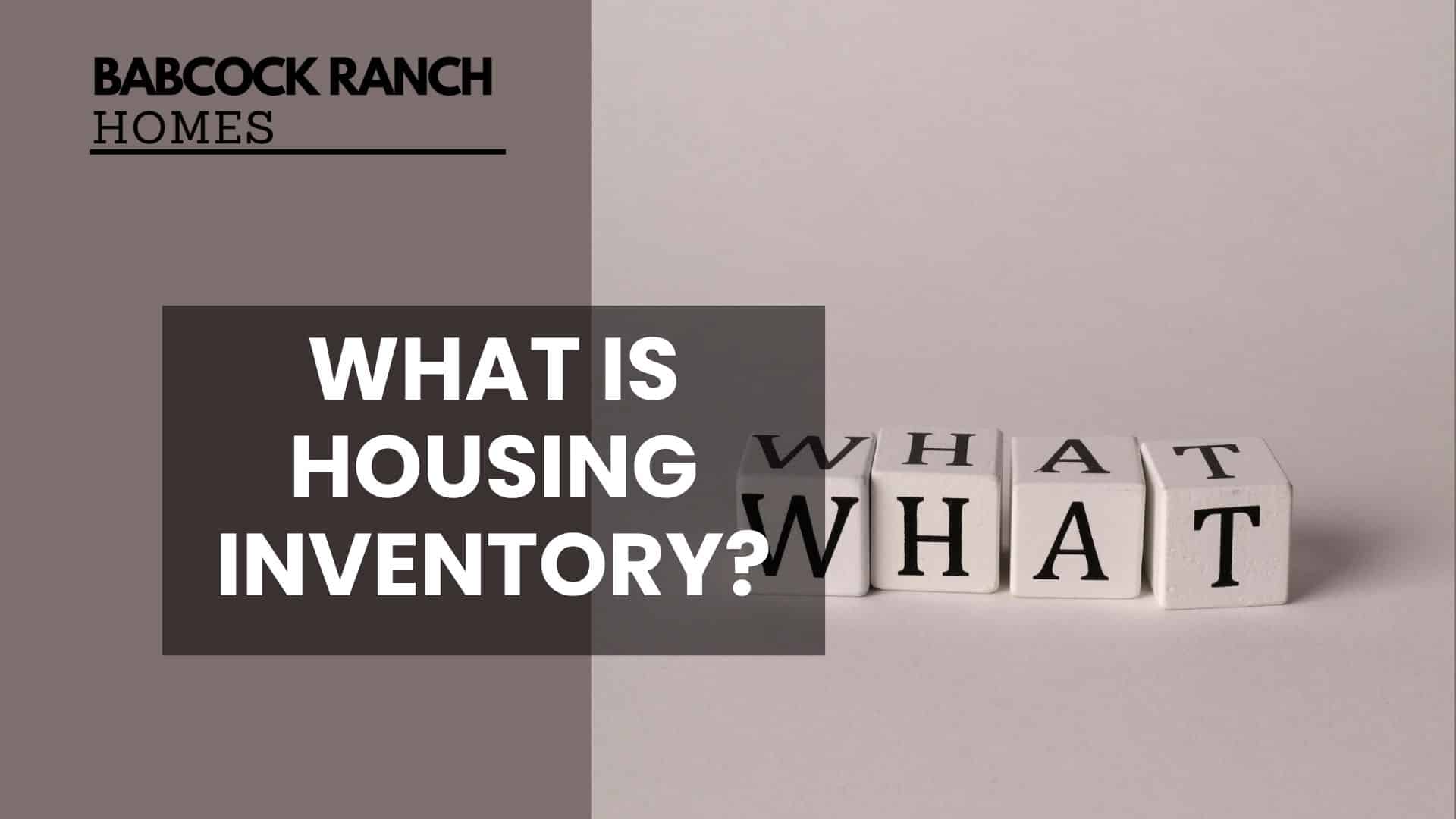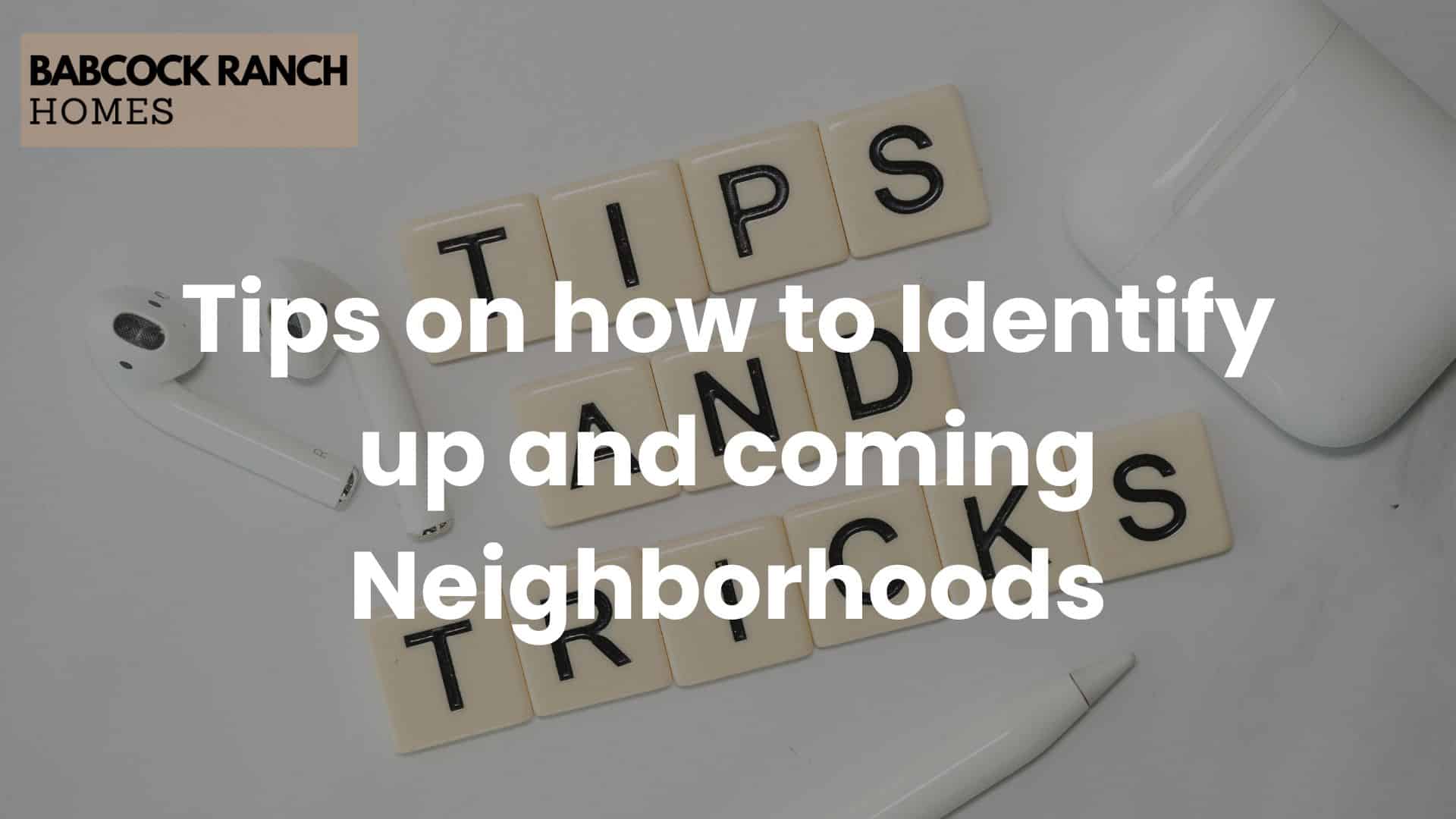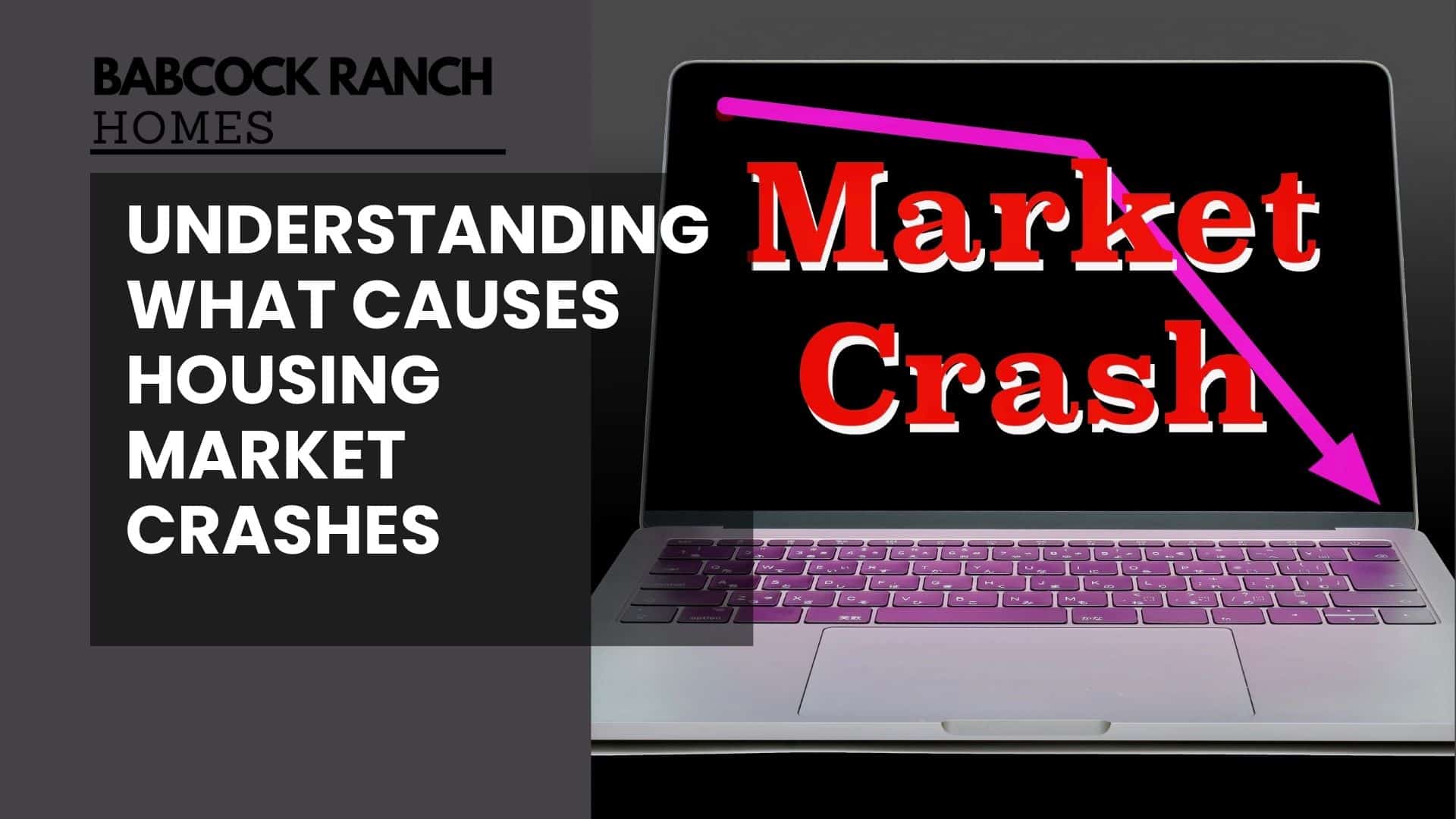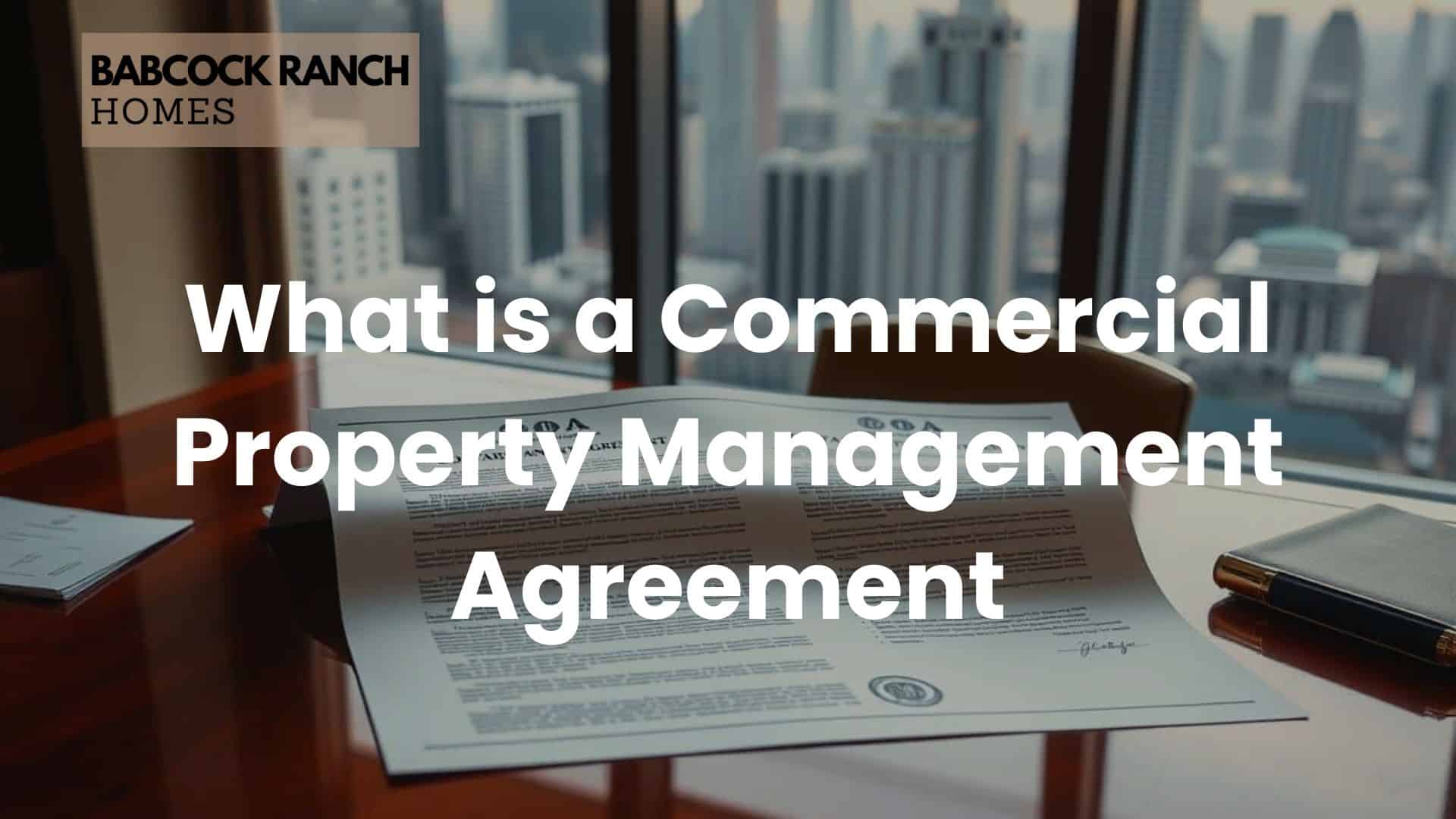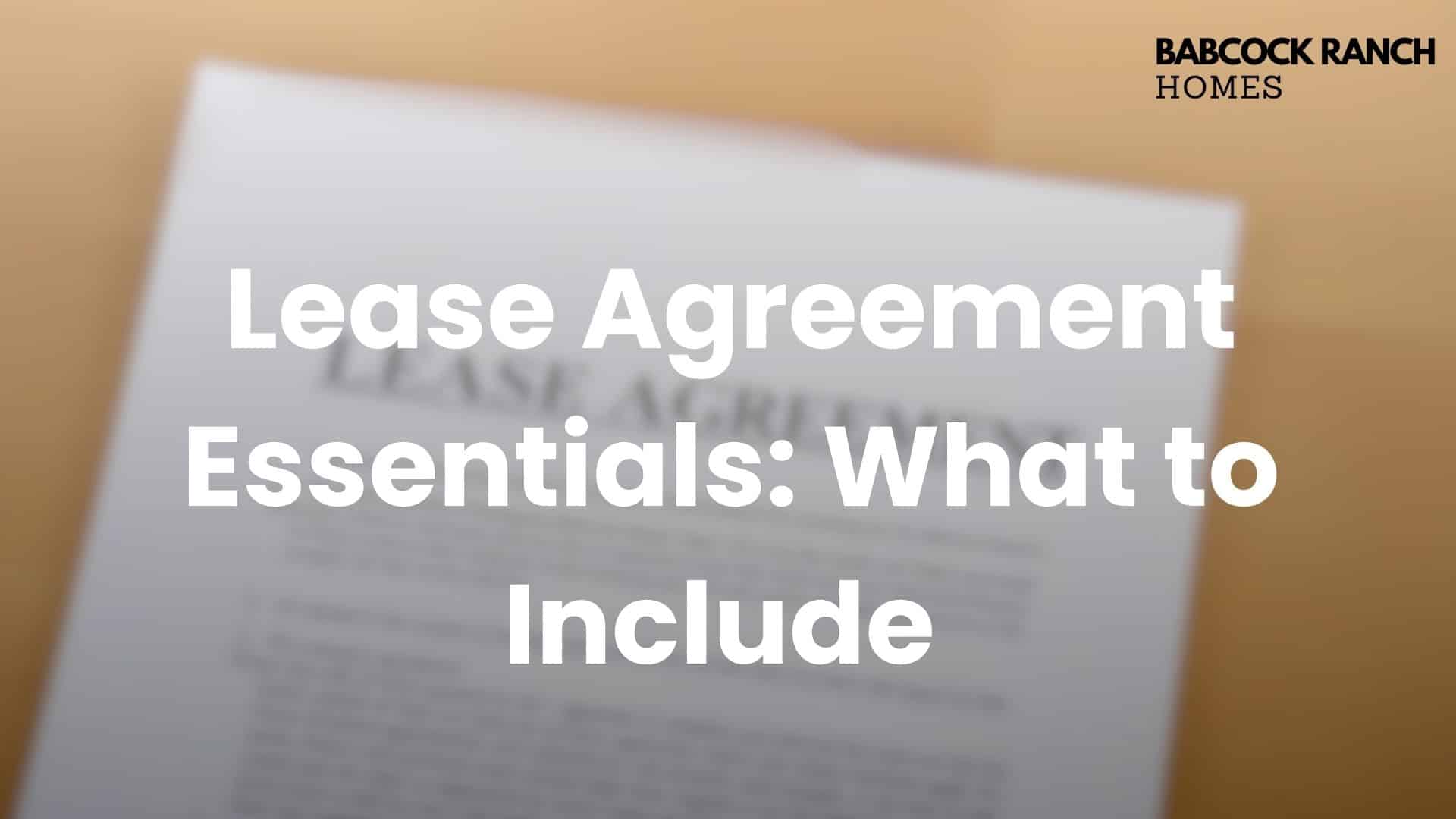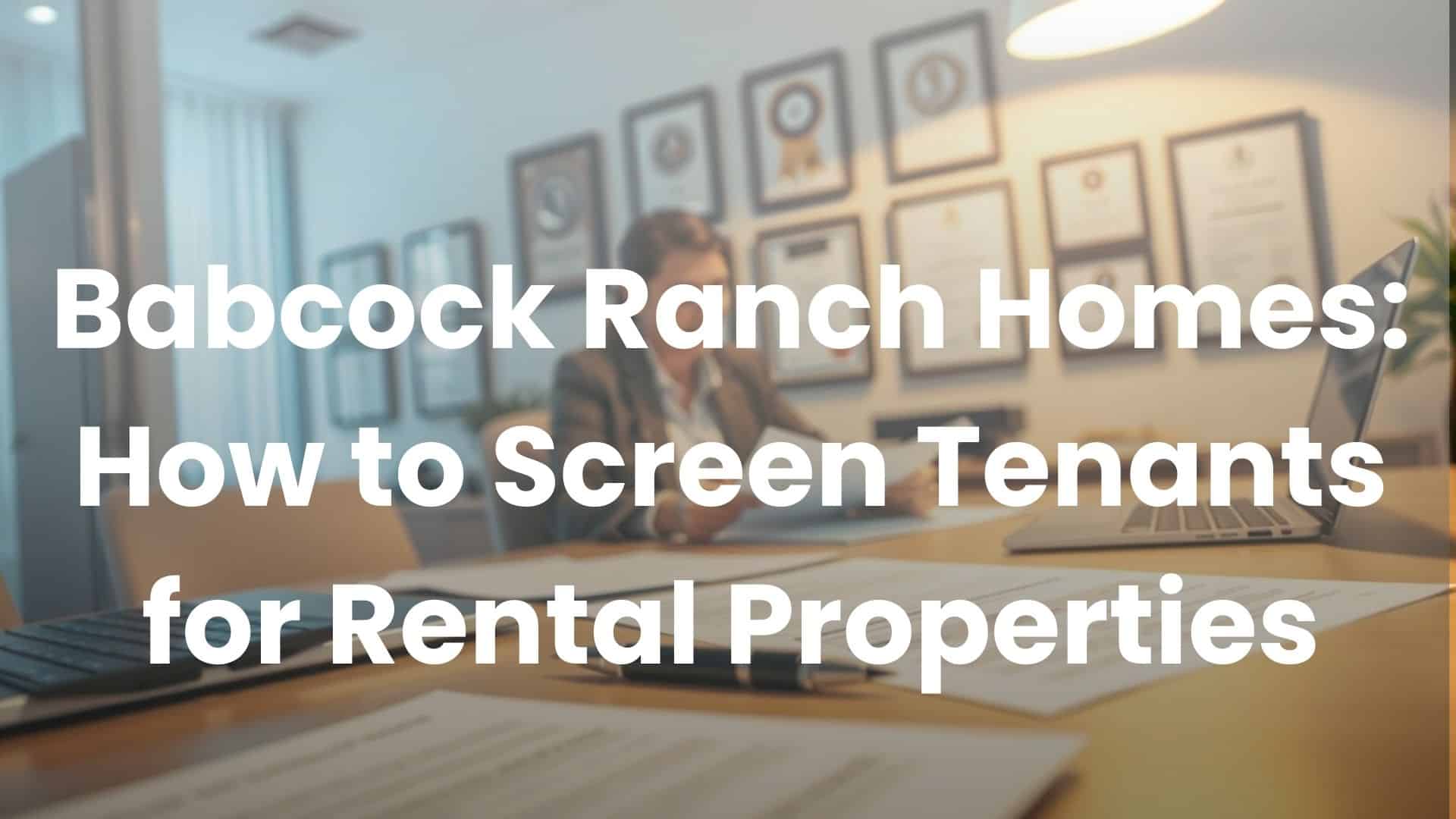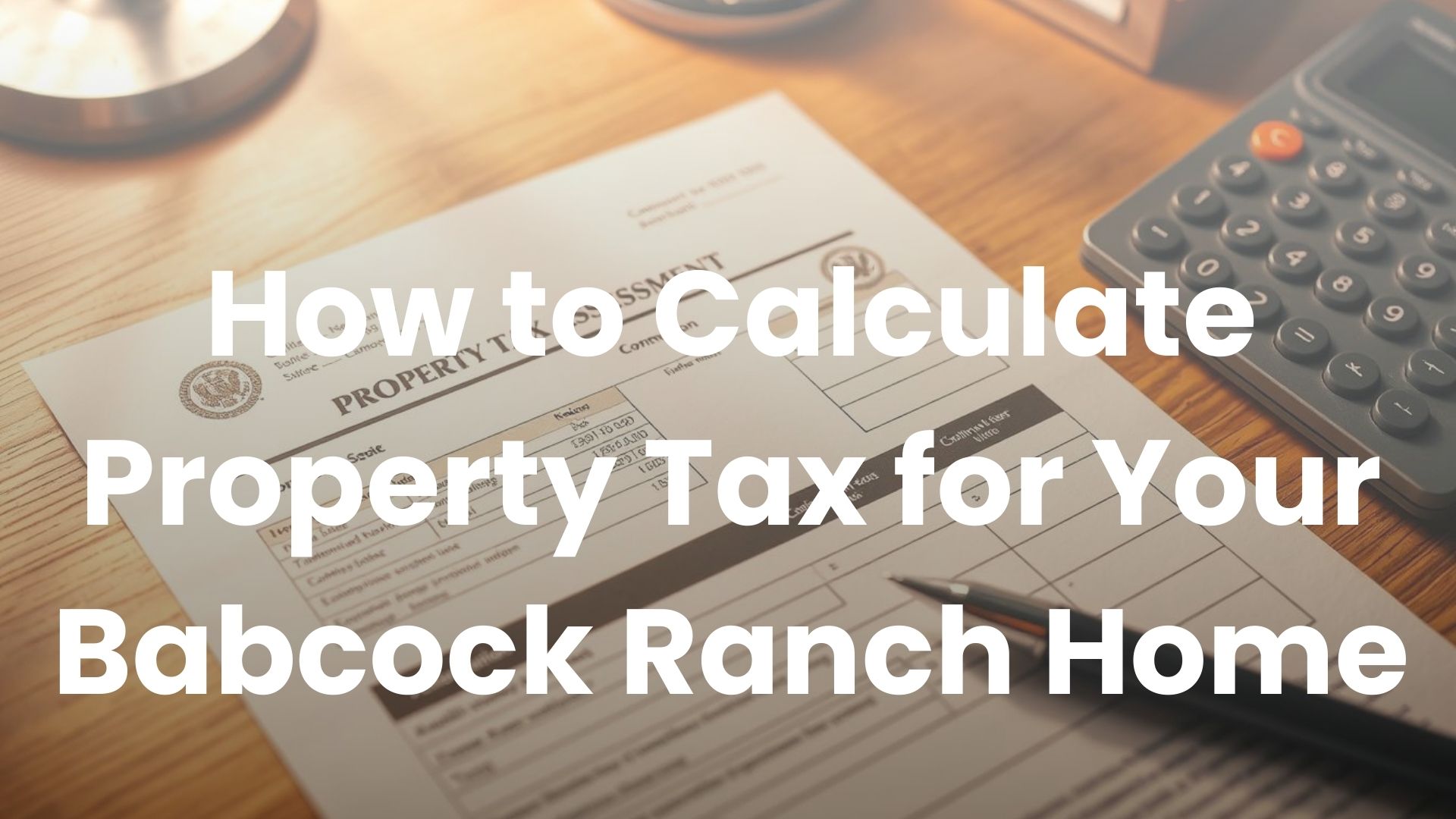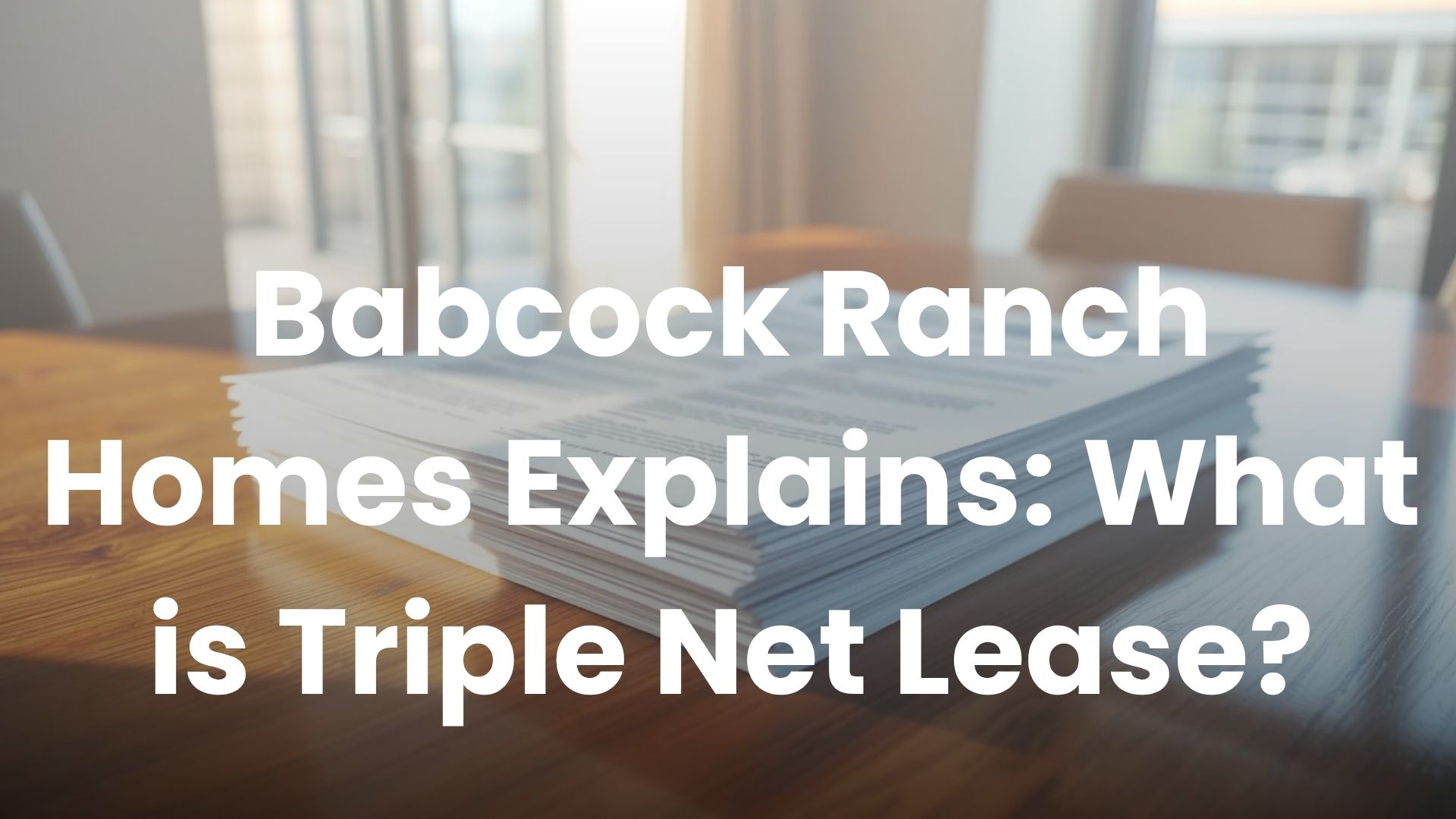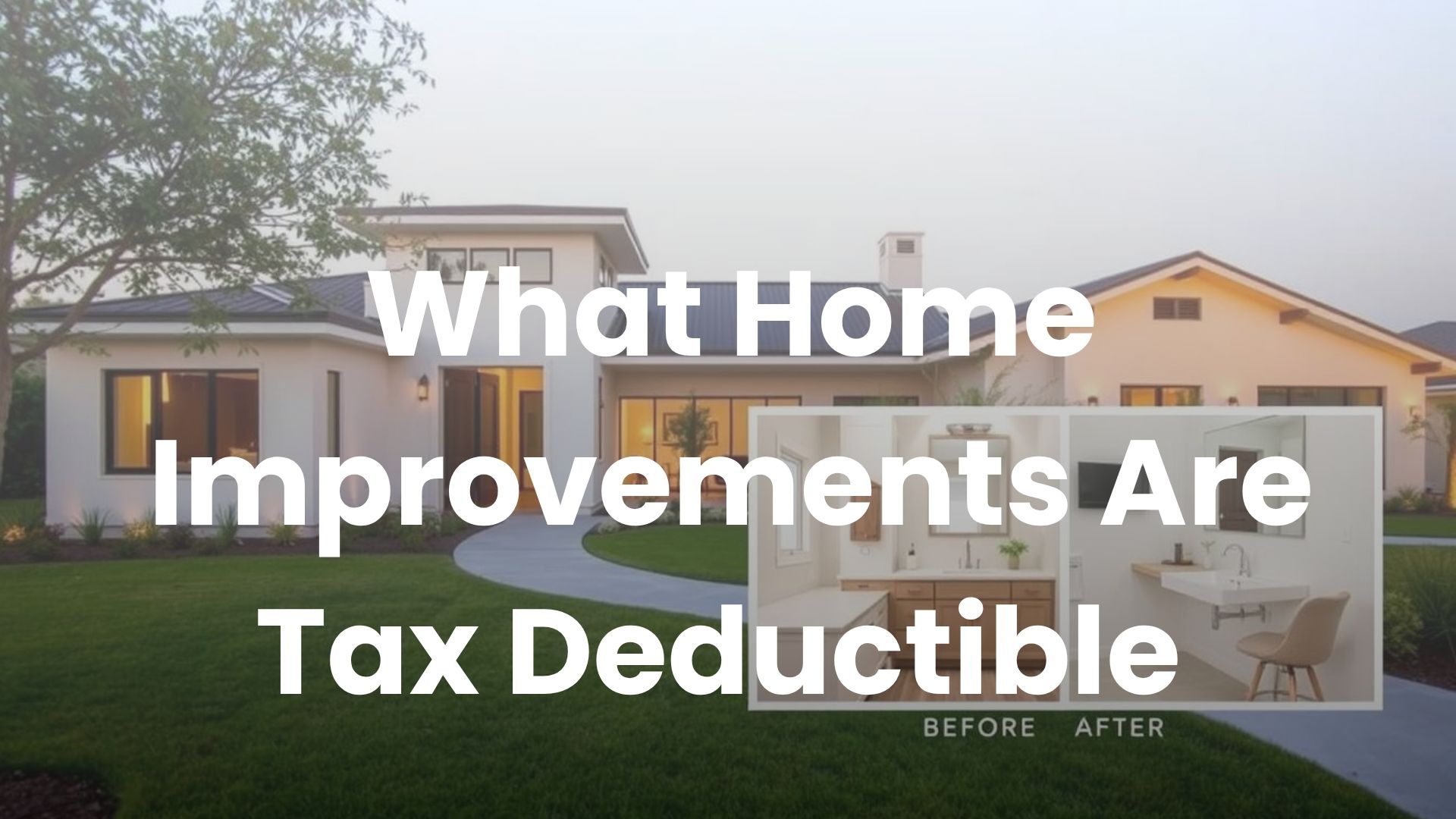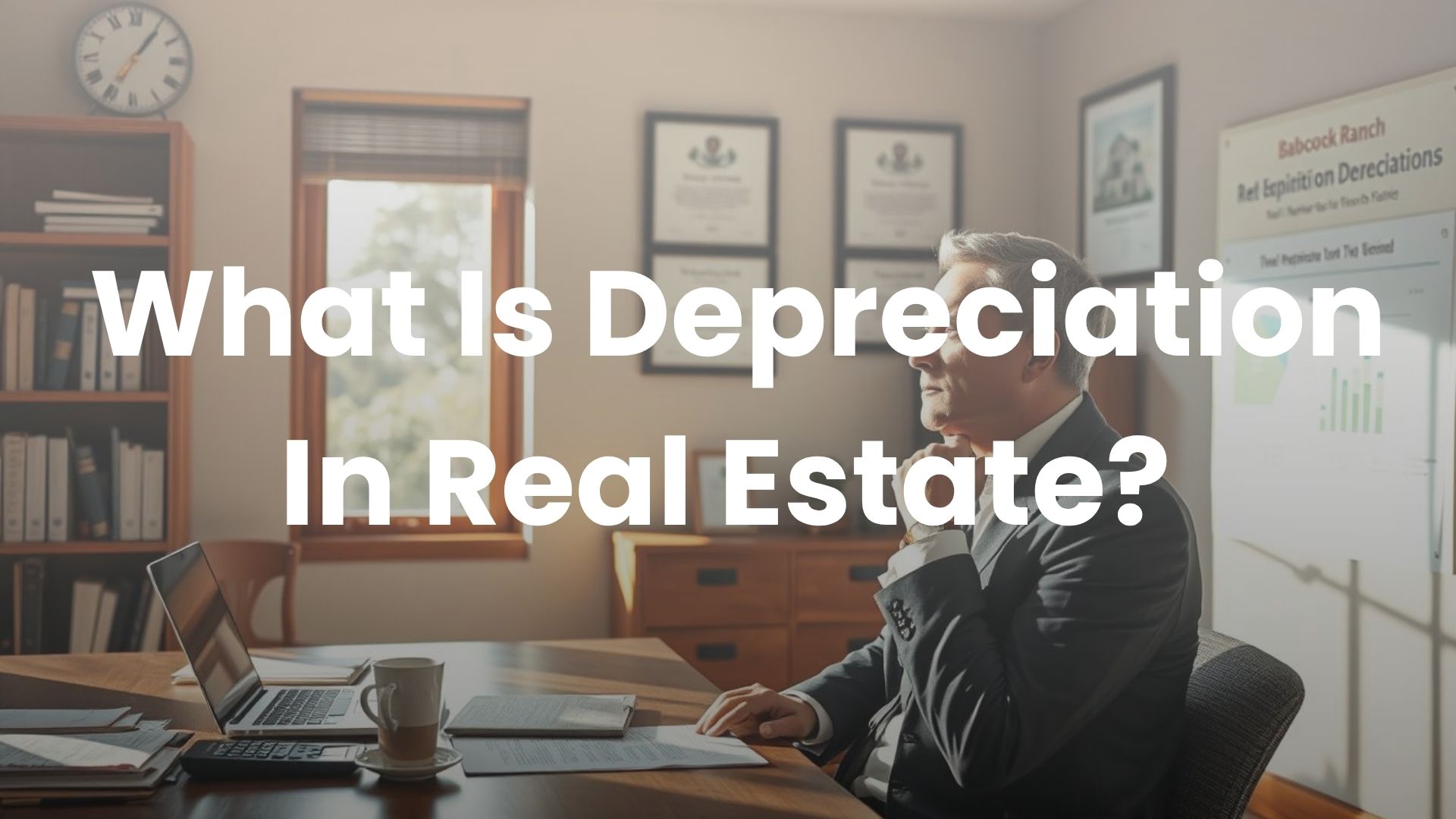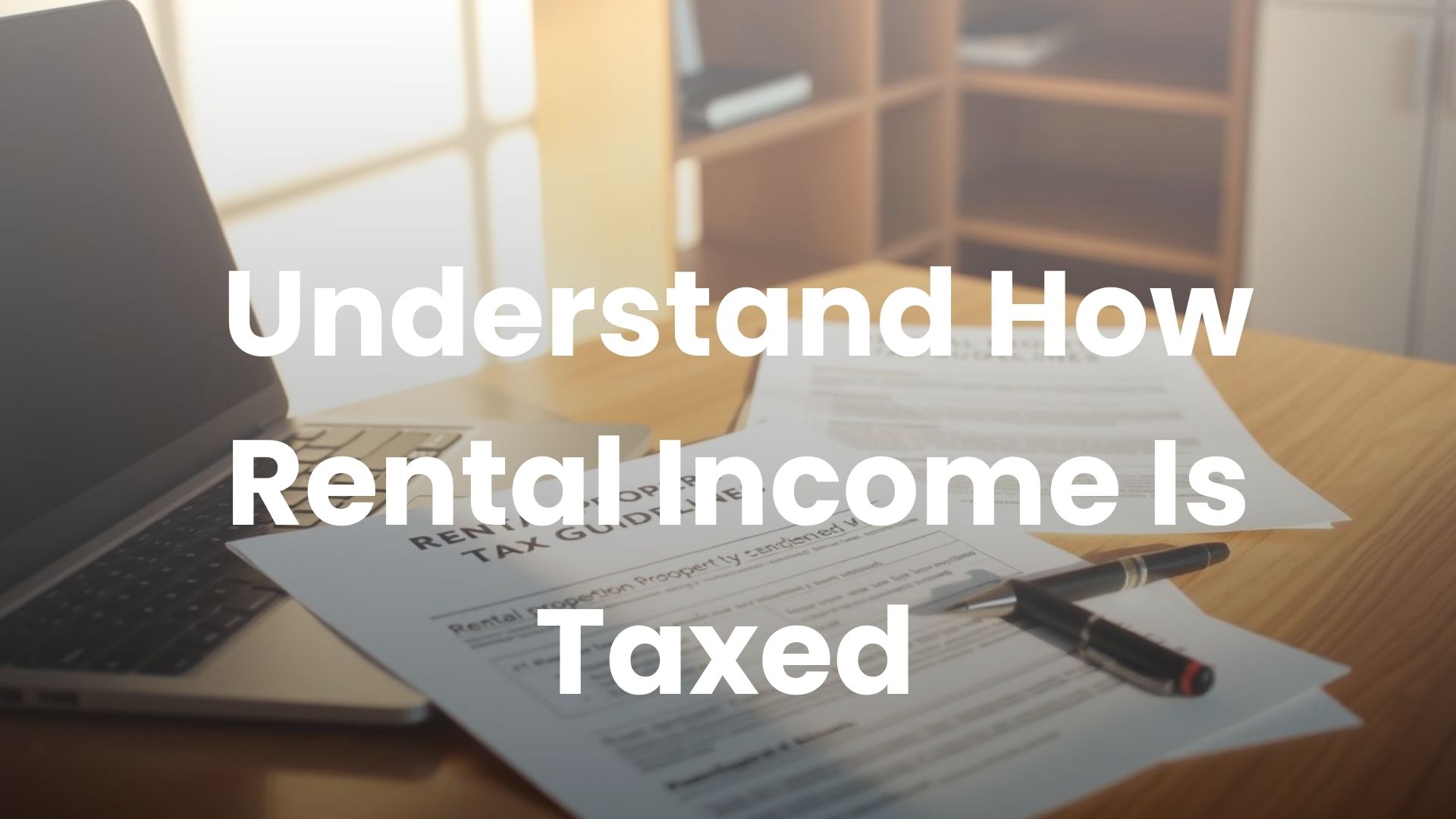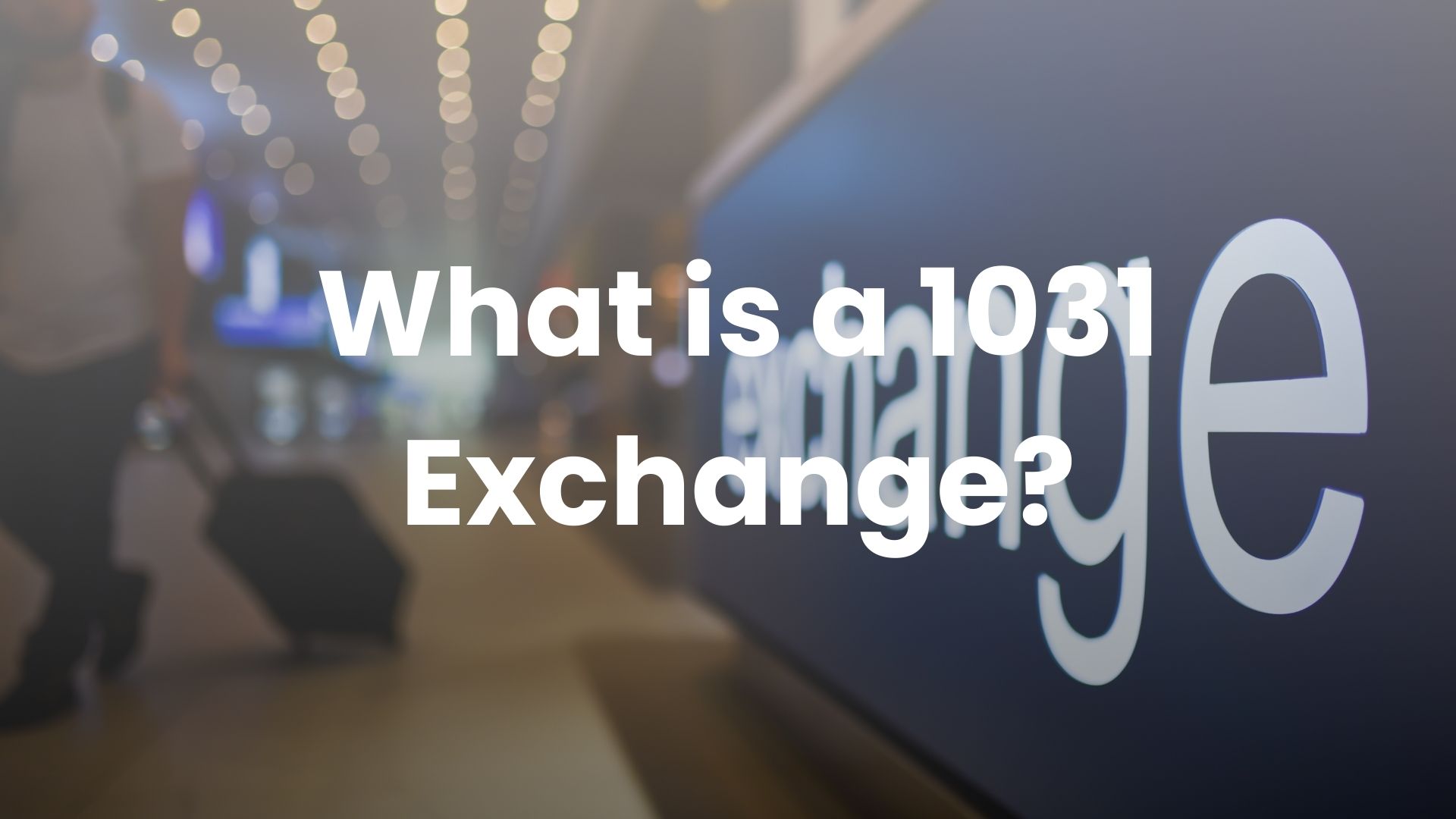Buying a home with bad credit might seem tough, but it’s doable. Lenders have become more open to buyers with lower scores, starting in 2018. To succeed, you need a solid plan and to know about loans for those with poor credit.
Credit scores are key when getting a mortgage. Even with lower scores, some government-backed and special loans can help you own a home.
Babcock Ranch Homes helps people with complex credit issues. Our team will show you ways to get a mortgage, even with bad credit.
Key Takeaways
- Bad credit doesn’t automatically disqualify you from home ownership
- FHA and VA loans offer more lenient credit requirements
- Down payment assistance programs can help offset credit challenges
- Credit repair strategies can quickly improve mortgage eligibility
- Multiple loan options exist for buyers with imperfect credit
Understanding Credit Scores and Home Buying Requirements
Getting a mortgage with a low credit score can be tough. But knowing about credit scores is key to buying a home with bad credit. Your credit score affects your home loan options and terms.
Credit scores range from 300 to 850. They show how reliable you are with money. Lenders use these scores to decide if they should lend you money to buy a home.
FICO Score Ranges Explained
The FICO score breakdown helps you understand how lenders see you:
- 300-579: Very Poor – It’s hard to get a mortgage
- 580-639: Poor – You might get a loan, but rates will be high
- 640-699: Fair – You can get a loan, but rates might be moderate
- 700-749: Good – You’ll get better loan terms and rates
- 750-850: Excellent – You’ll get the best mortgage rates
What Lenders Consider Poor Credit
For most loans, a score below 620 is seen as poor. But, there are loans for those with lower scores.
| Loan Type | Minimum Credit Score | Typical Requirements |
|---|---|---|
| Conventional Loans | 620 | Stricter credit requirements |
| FHA Loans | 500 | 10% down payment required |
| VA Loans | 620 | No down payment for eligible veterans |
| USDA Loans | 580-620 | Rural home purchases |
How Credit Scores Affect Mortgage Rates
Your credit score affects your mortgage rates. A lower score means higher rates, making your loan more expensive. For example, a 780 score might get you a 5.965% rate. But, a 620 score could mean a 7.554% rate.
Boosting your credit score before applying can save you a lot of money. It can lower your interest over the loan’s life.
Types of Mortgages Available for Bad Credit Borrowers
Getting a mortgage with bad credit can seem tough. But, there are many ways to buy a home even with low credit. Different mortgage types offer chances for those with less-than-perfect scores.
There are several mortgage paths for those with low credit:
- FHA Loans: Most accessible option for bad credit borrowers
- VA Loans: Specialized program for military veterans
- USDA Loans: Rural property financing
- Conventional Loans: Stricter requirements but possible options
Credit score needs vary by loan type. Here’s a detailed look at mortgage options:
| Loan Type | Minimum Credit Score | Down Payment |
|---|---|---|
| FHA Loans | 500-580 | 3.5%-10% |
| VA Loans | 620 | 0% |
| USDA Loans | 640 | 0% |
| Conventional Loans | 620-660 | 3%-20% |
Choosing the right mortgage depends on your specific financial situation and credit history. Each loan type has its own benefits for those with lower credit scores. They offer ways to own a home that might seem impossible.
FHA Loans: Your Best Option for Poor Credit
For those with mortgages for subprime borrowers, FHA loans are a ray of hope. They are government-backed and help those with less-than-perfect credit histories. These loans offer unique benefits for homebuyers with lower credit scores.
Minimum Credit Score Requirements
FHA loans are flexible for borrowers with lower credit scores. Here are the key credit score guidelines:
- Minimum credit score of 580: Qualify with a 3.5% down payment
- Credit scores between 500-579: Require a 10% down payment
- Some lenders may have additional credit score requirements
Down Payment Options
FHA loans make it easier to own a home with their down payment structure:
- Credit score 580 and above: 3.5% down payment
- Credit score 500-579: 10% down payment
- Down payment can come from personal savings, gifts, or assistance programs
Mortgage Insurance Requirements
FHA loans require mortgage insurance to protect lenders. Here are the details:
- Upfront mortgage insurance premium of 1.75% of loan balance
- Annual mortgage insurance required if down payment is less than 10%
- Mortgage insurance typically remains for the entire loan term
FHA loans offer a lifeline for borrowers with credit challenges, providing a pathway to homeownership that traditional mortgages might not allow.
VA and USDA Loans: Government-Backed Options

Government-backed loans offer special chances for those with low credit scores to buy a home. VA and USDA loans are great for people who can’t meet traditional mortgage needs.
VA Loan Advantages
Veterans and active-duty military get special home loan deals with VA loans. These loans help a lot with credit issues:
- No official minimum credit score requirement
- Up to 100% financing available
- No down payment required in most cases
- Most lenders prefer a minimum credit score of 620
USDA Loan Opportunities
USDA loans are for those buying homes in rural areas with low credit scores. They offer big benefits:
- Minimum credit score of 640
- 100% financing for eligible borrowers
- Targeted to low-to-moderate income individuals
- Specific geographic restrictions apply
| Loan Type | Credit Score | Financing | Best For |
|---|---|---|---|
| VA Loans | 620 (Lender Preference) | 100% | Veterans/Active Military |
| USDA Loans | 640 | 100% | Rural Low-Income Buyers |
“Government-backed loans provide a lifeline for homebuyers who might struggle with conventional lending requirements.” – Real Estate Financing Expert
Knowing about these loans can help people with credit problems buy a home.
How to Buy a House with Bad Credit
Buying a house with bad credit can seem tough, but it’s doable. With the right plan and approach, you can get a home loan even with poor credit. Knowing the steps to buy a house with bad credit is vital for those facing credit issues.
Getting Pre-approved: Your First Strategic Move
Pre-approval is a key step, more so for those with credit problems. Lenders check your finances to see how much you can borrow. For those with bad credit, being well-prepared is essential.
- Gather all financial documents
- Check your credit report for accuracy
- Calculate your debt-to-income ratio
- Research lenders specializing in bad credit mortgages
Documentation Preparation
Having detailed documents can help with credit issues. Lenders look for stability and repayment ability.
| Document Type | Purpose | Importance |
|---|---|---|
| Proof of Income | Verify employment stability | High |
| Tax Returns | Demonstrate financial history | Critical |
| Bank Statements | Show financial management | Essential |
Working with Specialized Lenders
Some lenders focus on loans for those with poor credit. FHA loans have more flexible credit rules, even for scores as low as 500. VA and USDA loans might also help those with tough credit histories.
Pro Tip: A credit score improvement of just 20-30 points can significantly enhance your mortgage approval chances.
By knowing these strategies, you can boost your chances of buying a home with bad credit. Patience, preparation, and persistence are key to successfully buying a home with bad credit.
Improving Your Credit Score Before Applying
Buying a home with bad credit is tough, but you can improve your chances. Your credit score is key to getting good mortgage terms. It matters a lot when you have a low credit score.
To boost your credit score, you need a solid plan. Lenders want scores over 620 for regular mortgages. But, the exact score needed can change based on the loan type:
- FHA loans accept scores as low as 580 with a 3.5% down payment
- Conventional mortgages prefer mid-600s credit scores
- VA loans often require around 620 credit score
Here are some ways to raise your credit score:
- Pay all bills consistently and on time
- Reduce credit card balances to lower credit utilization
- Avoid opening new credit accounts before applying
- Dispute any errors on your credit report
Keeping your credit card balances low is important. Try to keep your revolving debt under 30% of your total credit limit. Each time you apply for new credit, it can lower your score. So, try to avoid new credit applications while you’re getting ready for your mortgage.
Improving your credit score takes time. Start early, stay committed, and check your progress often. This will help you get a better mortgage with a low credit score.
Down Payment Requirements and Options
Getting a mortgage with bad credit can be tough. But, knowing about down payments opens up new ways to buy a home. Today, there are many paths for people who can’t afford a big down payment.
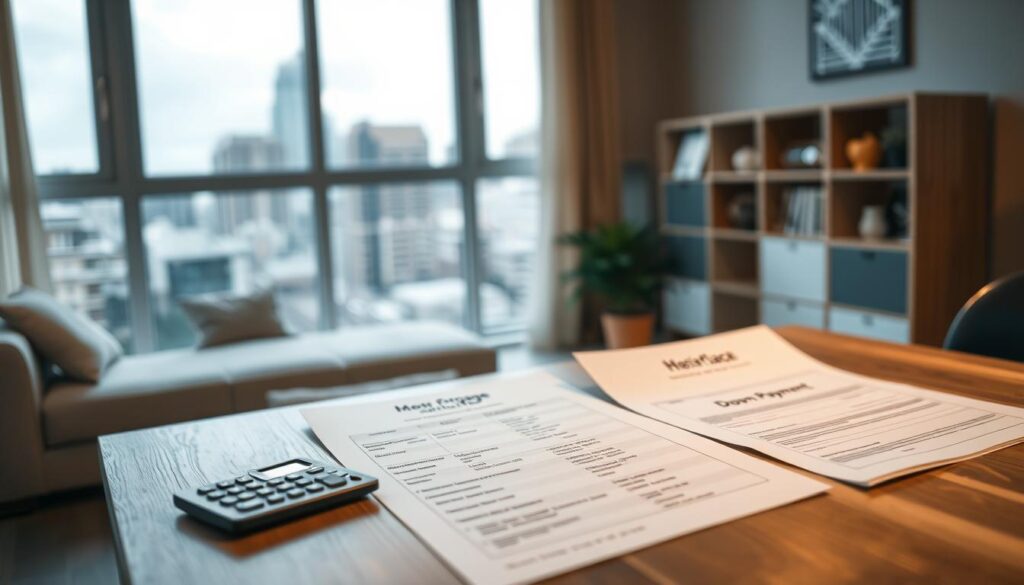
Down payments needed vary by loan type. This gives buyers with different financial situations chances to own a home. Old advice said you needed 20% down, which is $80,000 for a $400,000 home. But, today’s loans make buying a home easier.
Minimum Down Payments by Loan Type
- FHA Loans: Need only 3.5% down for scores of 580 or higher
- VA Loans: Offer zero down payment for vets and service members
- USDA Loans: Give no down payment for homes in rural areas
- Conventional Loans: Usually ask for 5-10% down
Down Payment Assistance Programs
There are many programs to help with down payments. These programs can help those with little savings. They make owning a home possible for those with bad credit.
- State-specific grant programs
- Local government assistance initiatives
- Non-profit organization support
- First-time homebuyer programs
Look into local and federal help to lower your costs. A good debt-to-income ratio can also help, even with bad credit.
Finding the Right Mortgage Lender
Looking for mortgages for subprime borrowers needs careful research and the right lender. You can buy a house even with credit issues by knowing where to find lenders.
Not all lenders are the same, and this is true for those with bad credit. Some lenders specialize in helping people with less-than-perfect credit scores.
- Research lenders who focus on bad credit mortgages
- Compare multiple loan offers
- Understand each lender’s specific credit requirements
- Review interest rates and loan terms carefully
Here are some strategies to find the right lender:
- Check online lender reviews and ratings
- Request quotes from at least three different lenders
- Verify the lender’s experience with subprime borrowers
- Examine their flexibility with credit score requirements
“The right lender can transform your home buying journey from challenging to achievable.” – Mortgage Industry Expert
Credit unions and online lenders often offer flexible options for those with credit issues. Traditional banks might have stricter rules, so look at different lenders.
Pro tip: Multiple mortgage applications within a 30-day window typically count as a single credit inquiry, minimizing possible credit score impact.
Understanding Interest Rates and Costs
Getting a mortgage with bad credit is tough. To buy a home with bad credit, you need to understand how credit affects mortgage costs. People with lower credit scores usually pay more in interest and face extra costs.
Credit scores are key in figuring out mortgage costs. The lower your credit score, the higher your interest rates. Here’s how bad credit can affect your home buying journey:
- Borrowers with credit scores below 620 often face significantly higher interest rates
- A low credit score can increase your total loan cost by tens of thousands of dollars over the mortgage term
- Financing alternatives for low credit home buyers typically come with more stringent terms
Impact of Credit Scores on Interest Rates
Credit score ranges greatly affect mortgage prices. For example, those with scores above 700 get the best rates. But, scores under 620 might see rates 2-3 percentage points higher.
Additional Fees and Charges
Bad credit borrowers should get ready for extra costs:
- Higher mortgage insurance premiums
- Upfront guarantee fees
- Potentially required private mortgage insurance (PMI)
Improving your credit and planning your finances can help reduce these costs. This makes buying a home more possible.
Alternative Financing Options

People with bad credit have many ways to buy a house, not just traditional mortgages. These options help those with credit issues reach their dream of owning a home.
Rent-to-own agreements are a special way for those with poor credit to get a loan. In these deals, buyers can:
- Rent a property with the chance to buy it later
- Work on improving their credit score while living there
- Use part of their monthly rent to pay for the home
Owner financing is another creative choice for those with credit problems. This option lets the property seller act as the lender. It offers terms that banks might not, like:
- Lower credit score needs
- Interest rates that can be negotiated
- A quicker approval process
Hard money loans are another option for buyers with poor credit. These loans are short-term and come from private investors or companies. They focus more on the property’s value than the borrower’s credit. They might have higher interest rates, but they can help when traditional loans are hard to get.
Portfolio loans are another creative solution. They let lenders tailor loan terms to fit a borrower’s financial situation. This makes them flexible for those with unique credit profiles.
Learning about these alternative financing options can open doors for those who thought owning a home was impossible.
Buyers should look at each option carefully. They should think about the long-term costs and talk to financial experts. This helps make the best choice for their situation.
Working with a Co-signer
Buying a home with bad credit can be tough. But, a co-signer can help a lot. They add to the financial credibility needed for lenders to approve a mortgage.
Co-signers need to meet certain criteria to help:
- Credit score of at least 650
- Stable employment history
- Steady income for the past two years
- Low debt-to-income ratio
The main perks of having a co-signer are:
- Higher chances of loan approval
- Possible better interest rates
- More mortgage options available
Important considerations for co-signers: They become fully responsible for the mortgage if the main borrower can’t pay. This debt will show up on their credit report, affecting their financial future.
Lenders check co-signers closely. For conventional loans, they look for a minimum credit score of 620. FHA loans might accept a score as low as 580. The co-signer’s income and credit history help reduce the lender’s risk.
It’s key to talk things over with a co-signer. After 12 months of on-time payments, some mortgages let the co-signer’s name be removed through refinancing.
Steps to Secure Your Home Purchase
Getting a mortgage with bad credit needs careful planning. It might seem tough, but you can get your dream home. Just follow the right steps.
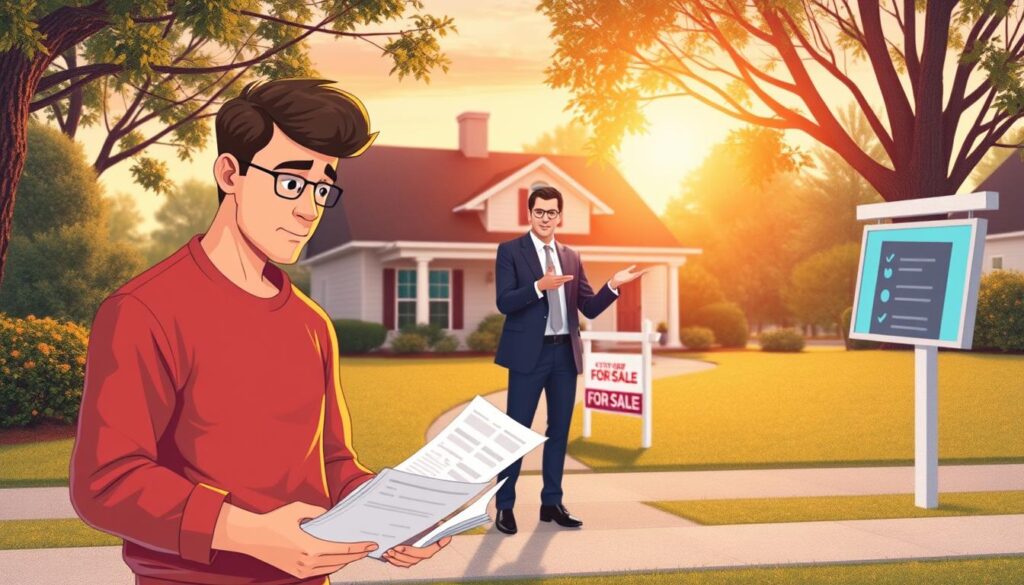
Before buying a home, you must take a few important steps. These steps can help you overcome credit issues:
- Gather essential financial documentation
- Clean up credit report errors
- Save for a larger down payment
- Research specialized loan programs
Documentation Requirements
Lenders look closely at your financial history. You’ll need to put together a detailed package. This package shows you’re financially stable:
- Proof of income (recent pay stubs, W-2 forms)
- Tax returns from the past two years
- Bank statements showing consistent savings
- Detailed explanation of past credit issues
The Application Process
Applying for a mortgage with low credit requires preparation. Lenders will check:
- Credit score verification
- Debt-to-income ratio assessment
- Employment verification
- Comprehensive financial review
If your credit score is below 620, expect more checks. A bigger down payment and a solid job history can help a lot.
Pro tip: Working with a HUD-approved housing counselor can provide personalized guidance through the complex mortgage application process.
Conclusion
Buying a house with credit issues is not a lost cause. Almost 30% of Americans have credit scores under 620. This means many face similar hurdles when looking for mortgages.
Specialized loan programs, like FHA loans, offer a glimmer of hope. They allow scores as low as 500 for home loans. This opens doors for those who might be excluded from the market.
If you dream of owning a home, don’t let credit problems stop you. Contact Babcock Ranch Homes for tailored advice. Our team will guide you through the mortgage maze. Call us at 518-569-7173 to begin your path to homeownership.
With the right approach, knowledge, and support, you can beat credit hurdles and own a home. Your credit score is just one piece of your financial puzzle. It doesn’t dictate your future.

